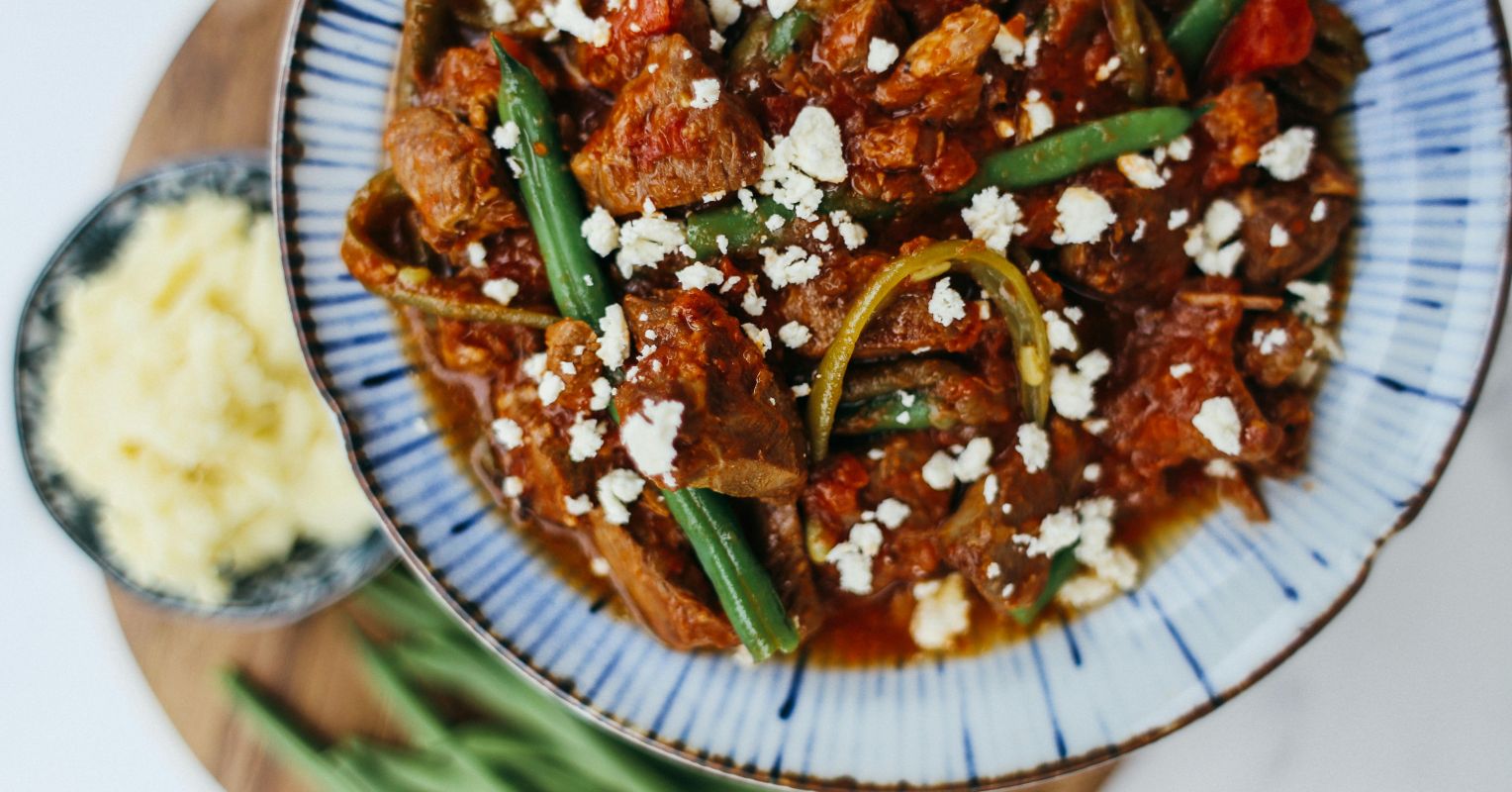
"In the hospital, healing begins with lab results, progress notes, and treatment plans. At home, I've learned, it can begin with a pot of rice and beans simmering on the stove. The sound of a spoon stirring, the aroma of garlic and thyme rising with steam, these have become my new prescriptions. My wife has been recovering from surgery, and I decided to stay home with her, at least for a while."
"Cooking has become its own kind of therapy. When I wash the rice, blend the epis, or slow cook lalo, kalalou, or a pot of légume with militon and berejenn, I'm no longer thinking like a doctor. I'm just a husband, a caregiver, a man remembering what it means to nurture. The kitchen has turned into a second clinic, one without charts or checklists, but where care is measured in warmth, patience, and the look on her face when she tastes her food and smiles."
"Cooking is mindfulness in motion, repetitive, grounding, and sensory. It slows the mind down, replaces anxiety with attention, and transforms simple ingredients into something that feels like hope. I used to cook a lot when I was in medical school and during residency. Those were great times; cooking was more than just a healthy and economical way to sustain myself; it was also a coping mechanism."
Healing begins at home with family, food, and the power of presence. A simple pot of rice and beans, the sound of a spoon, and the aroma of garlic and thyme become daily prescriptions. A spouse's surgical recovery prompted full-time caregiving centered on cooking, transforming the kitchen into a second clinic without charts. Food preparation—washing rice, blending epis, slow-cooking lalo, kalalou, or a pot of légume with militon and berejenn—functions as mindfulness in motion. Repetitive culinary rituals ground attention, replace anxiety, and convert ingredients into hope. Past experience cooking during medical training made cooking a familiar coping mechanism.
Read at Psychology Today
Unable to calculate read time
Collection
[
|
...
]